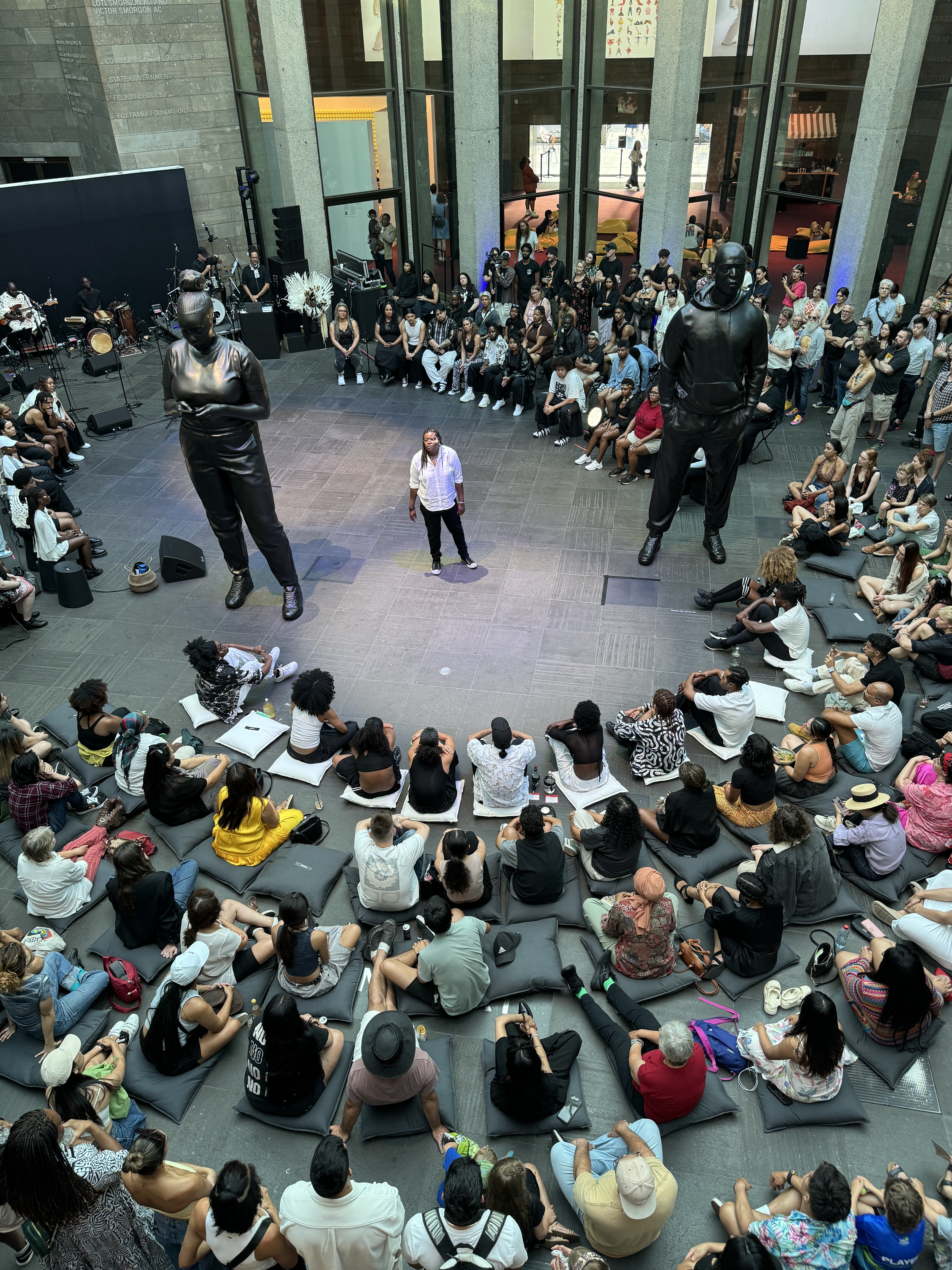Schlagwort: transrassische Adoption
-

Afrocentric
Ebony Hickey, a Haitian Australian intercountry adoptee performed in Afrocentric at the Victorian Gallery of Victoria. We share her voice performance and photos
-
Vietnamesische Mutter sucht nach ihrer Tochter
Vietnamese mother searching for her daughter adopted to either Belgium or France
-
Reunification with my Colombian Family
A Colombian Australian intercountry adoptee shares their story of reunification with biological family.
-
AntiRacism Online Workshops for Transracial Adoptive Parents
ICAV und HUE bieten einen Online-Workshop für Adoptierte und Familien an, um Rasse, Rassismus und wie man ein Verbündeter gegen Rassismus ist, als einige unserer Kernthemen bei der Adoption zu untersuchen.
-
Suche in internationalen Adoptionen durch Experten für Adoptierte
ICAV präsentiert am 23. April 2023 ein Webinar zum Thema Suchen aus gelebter Erfahrung und denjenigen, die einen formellen Such- und Supportdienst anbieten.
-
Adoptierte Trauer und Zen-Meditation
Desiree teilt ihre Reise der Anerkennung und Umarmung von Gefühlen von Trauer und Verlust, die während der Zen-Meditation entstehen. Wir alle versuchen, Wege zur Heilung zu finden.